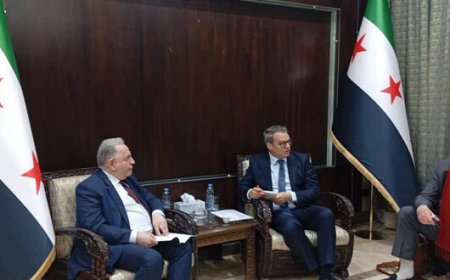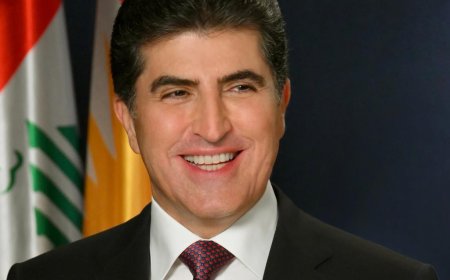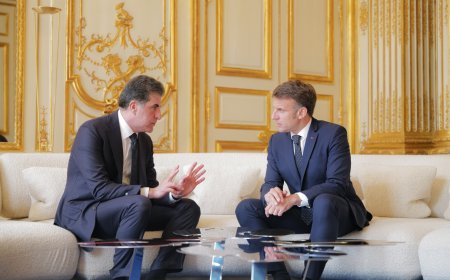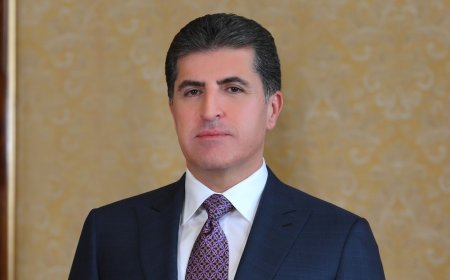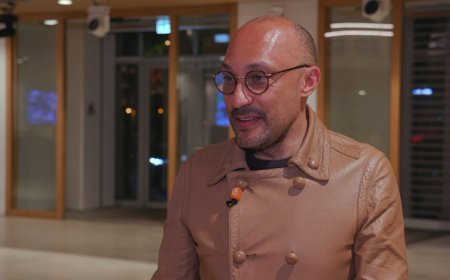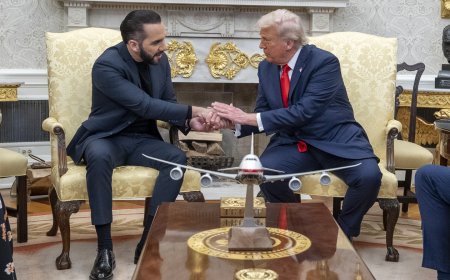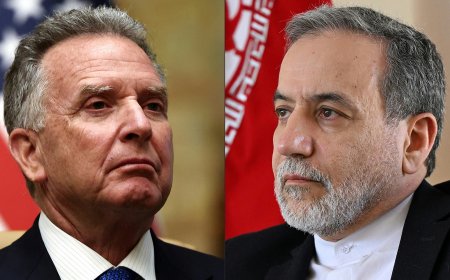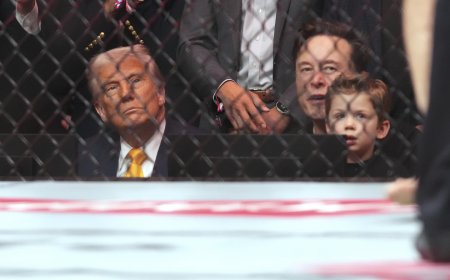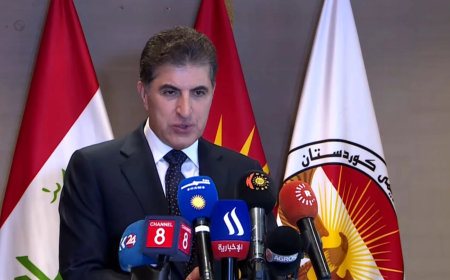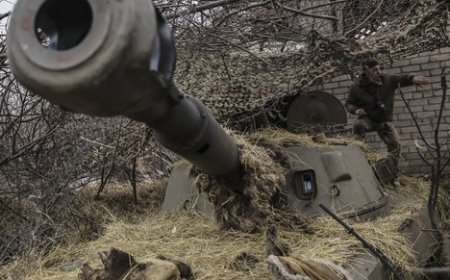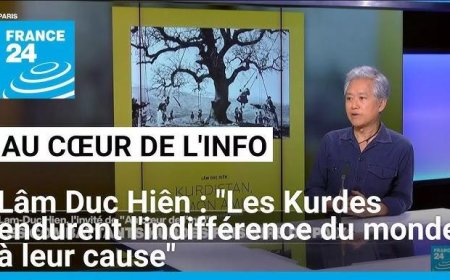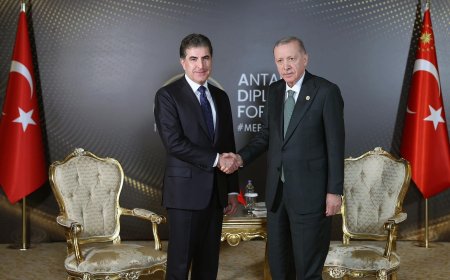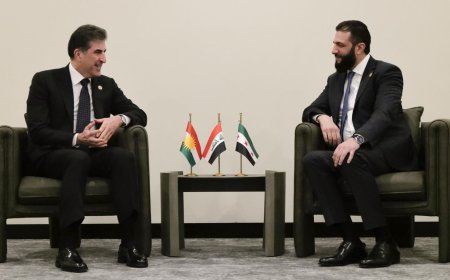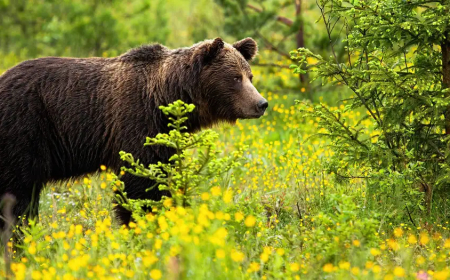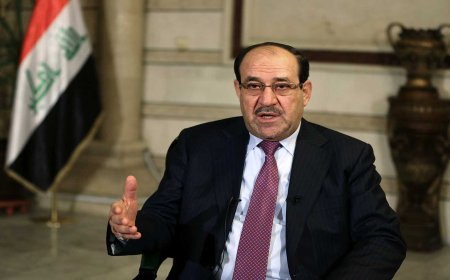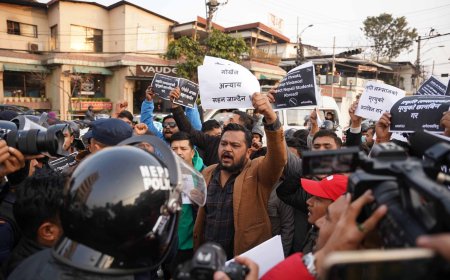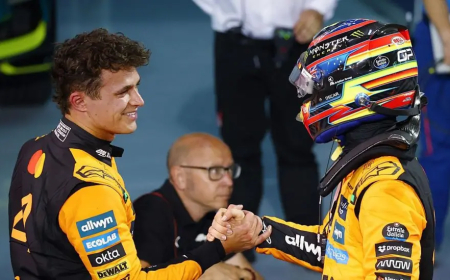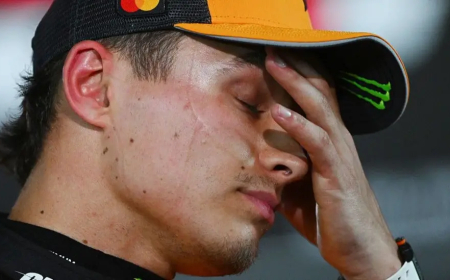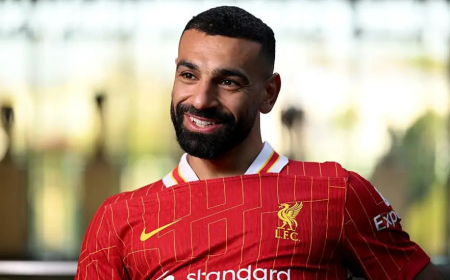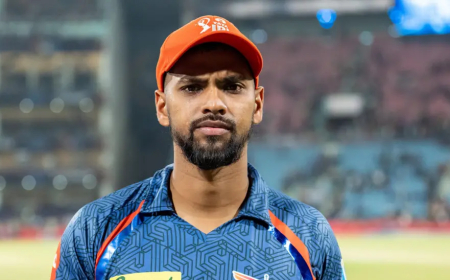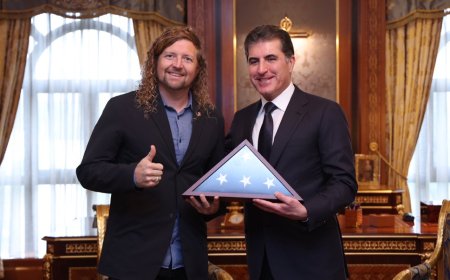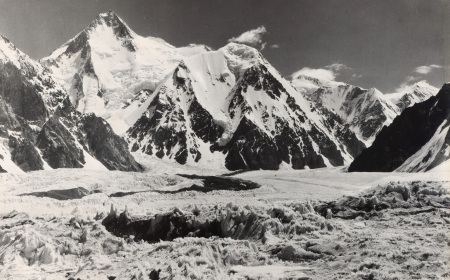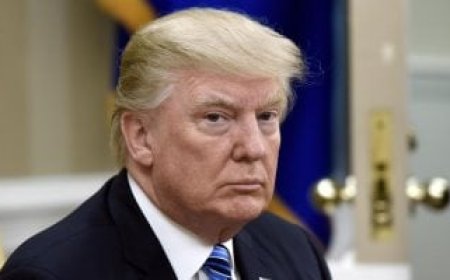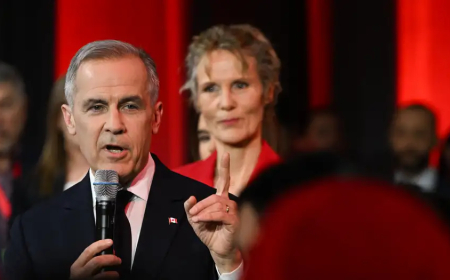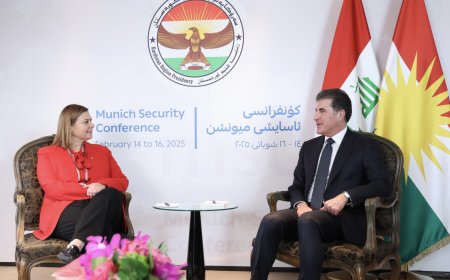War in Ukraine: What is Putin's negotiation strategy?
Russia's president says he supports the idea of a ceasefire in Ukraine, "in principle." But Vladimir Putin has attached various conditions to his agreement — which critics say reveal Russia’s true aims.
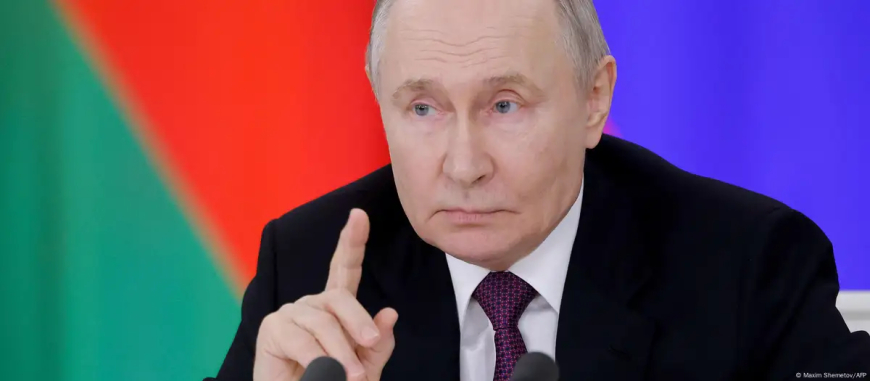
Vladimir Putin was keen to get something off his chest right away. Before even responding to the proposal for a ceasefire in the war against Ukraine, the Russian president addressed "words of gratitude" to US President Donald Trump — "for paying so much attention to the Ukraine settlement," he said in Moscow on March 13.
This was not a coincidence. "Putin wants Trump to believe that Putin is interested in a deal," commented Anton Barbashin, a political scientist and editor-in-chief of the analysis website Riddle Russia. Putin does not want to irritate Trump, as Ukrainian President Volodymyr Zelenskyy did. Instead, Barbashin explains, the Russian president "wants to push all the necessary buttons to get Trump to talk to him and strike a deal."
However, Putin's idea of what this deal should look like may be different to Trump's. The US president wants there to be an initial 30-day suspension of fighting between Ukraine and Russia. Putin indicated that he supported this, but added that there were "questions we need to discuss." What questions does he mean, and what do they reveal about how Russia plans to proceed?
Russia wants to expand the negotiations
Putin's objections, which he described as "questions," are in fact explicit demands. The Ukrainian soldiers still fighting on Russian territory in the Kursk region should surrender. Ukraine should not be allowed to mobilize any new soldiers during the ceasefire. And the West must stop delivering arms to Kyiv during this period.
According to Putin, the ceasefire should "lead to a long-term peace and eliminate the causes of the conflict." This vague phrasing is an attempt to steer the negotiations toward Moscow's long-term goals in Ukraine.
"Russia is aiming for a ceasefire that would lead directly to peace talks," said Anton Barbashin. Consequently, Moscow wants to secure several concessions upfront, including confirmation that Ukraine will never become part of NATO — and Barbashin says it wants this confirmation "from both NATO and Ukraine."
Furthermore, Putin's publicly stated war aims include a demand for Ukraine's complete withdrawal from the regions of Luhansk, Donetsk, Zaporizhzhia, and Kherson, which are currently only partially occupied by Russian forces.
Would Ukraine agree?
Kremlin-aligned experts believe Putin's conditions might be acceptable to Trump. "The US may well agree to the demand for an arms embargo, because Trump doesn't want to spend any more American money on Ukraine," the Moscow political scientist Sergei Markov wrote on his Telegram channel. He went on to speculate that continued mobilization in Ukraine is so unpopular that stopping it could actually strengthen the Ukrainian government.
But the US is once again supplying weapons to Ukraine, after a brief pause. And mobilization is still the only way that Ukraine, the country under attack, can maintain its defense. It therefore seems unlikely that Ukraine will agree to these terms.
"Despite everything we're hearing from Washington, Ukraine does actually still hold a lot of trump cards," the security expert Dmitri Alperovitch told DW. Ukraine, he said, could choose to go on defending itself with European help, even without support from the US: "It would be much more difficult, but they do have that option."
(Source:DW)
